Water Conservation Techniques in Modern Winemaking: A Look at Jackson Family Wines
Water is vital for making wine, but it’s also a limited resource. With growing concerns about water scarcity, wineries are finding smarter ways to use less. Jackson Family Wines stands out by adopting creative water conservation techniques, showing how sustainability and great wine can go hand in hand.
Why Water Matters in Winemaking
Growing grapes takes a lot of water, especially in dry areas. Water also cleans equipment and processes grapes at the winery. But using too much can harm the environment and raise costs. Today, wineries face big challenges:
- Droughts: Less rain makes water harder to find.
- Rules: Laws push for lower water use.
- Eco-Friendly Demand: People want wines that help the planet.
That’s why Water Conservation Techniques in Modern Winemaking are a hot topic, and Jackson Family Wines is leading the charge.
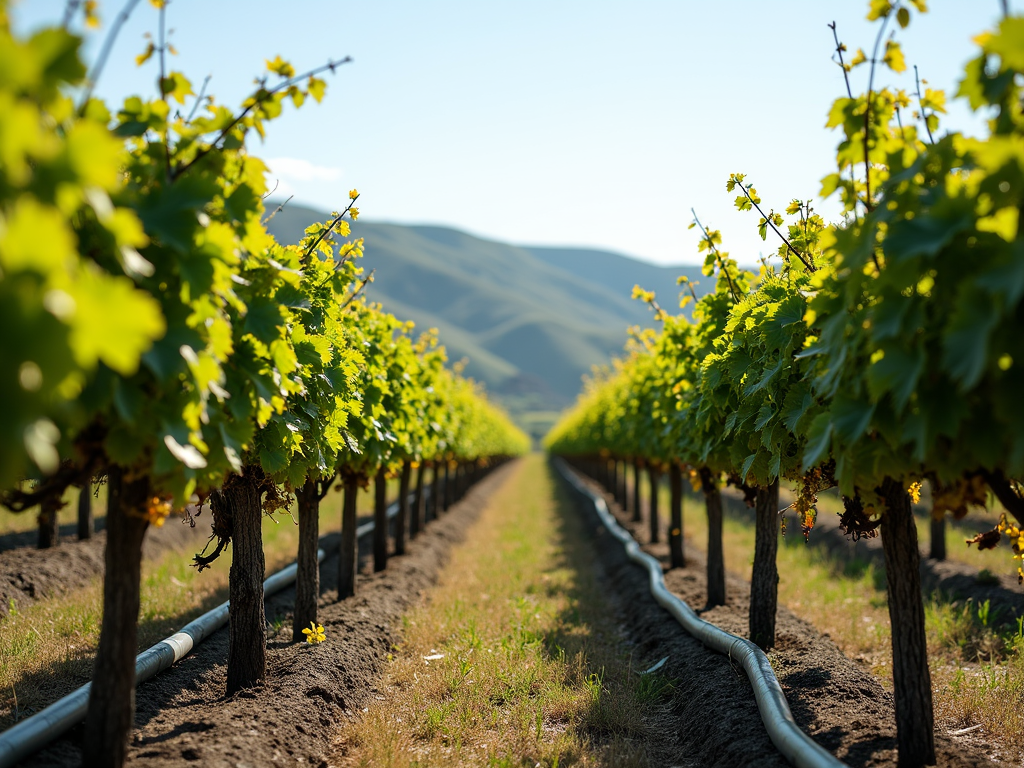
Jackson Family Wines: A Sustainability Star
Jackson Family Wines started in 1982 with Jess Jackson. Now, it’s a big name with brands like Kendall-Jackson and La Crema. What makes them special? Their focus on sustainability. They’ve been at it since the early 2000s, working to protect the earth while making top-notch wine.
Here’s a quick look at their journey:
- 2008: Switched to 100% green power in California.
- 2015: Won a top sustainability award.
- 2019: Kicked off 'Rooted for Good,' a bold plan for 2030.
Jackson Family Wines: Inside Their Sustainability Journey shows a winery that cares about more than just profits.
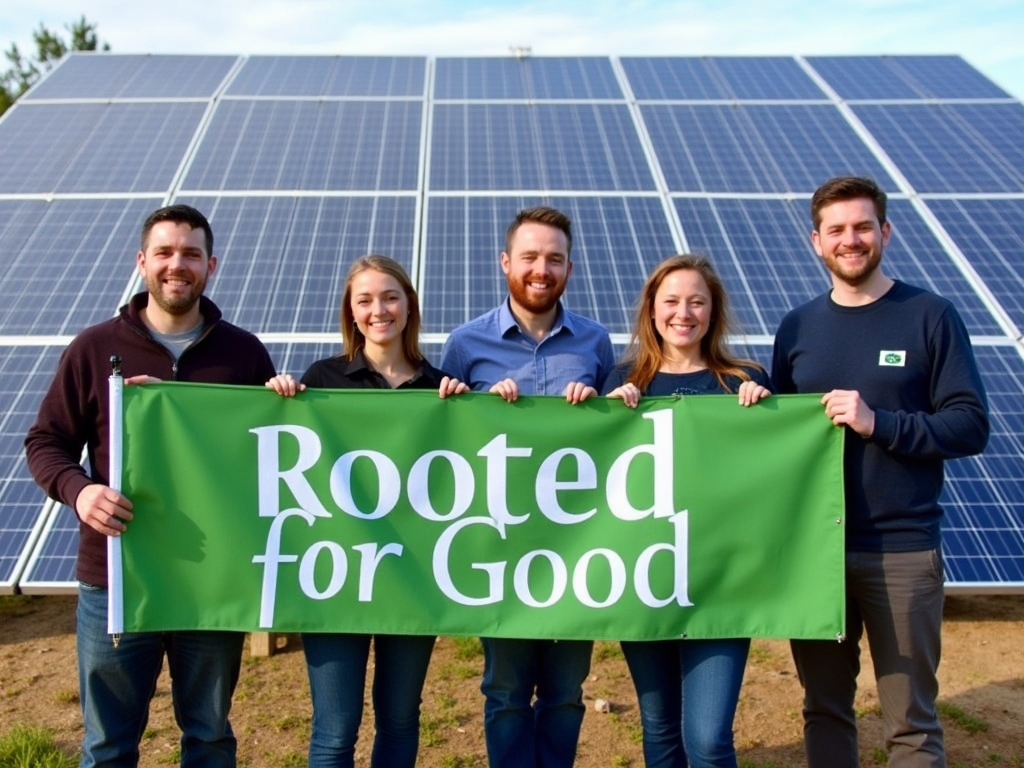
Smart Water-Saving Tricks at Jackson Family Wines
So, how do they save water? Let’s dive into the sustainable practices at Jackson Family Wines.
Drip Irrigation
Instead of spraying water everywhere, they use drip irrigation. Tiny tubes drop water right where the vines need it. This cuts waste and saves big.
- Saves up to 50% of water.
- Boosts grape flavor with careful watering.
- Keeps weeds down, so fewer chemicals are needed.
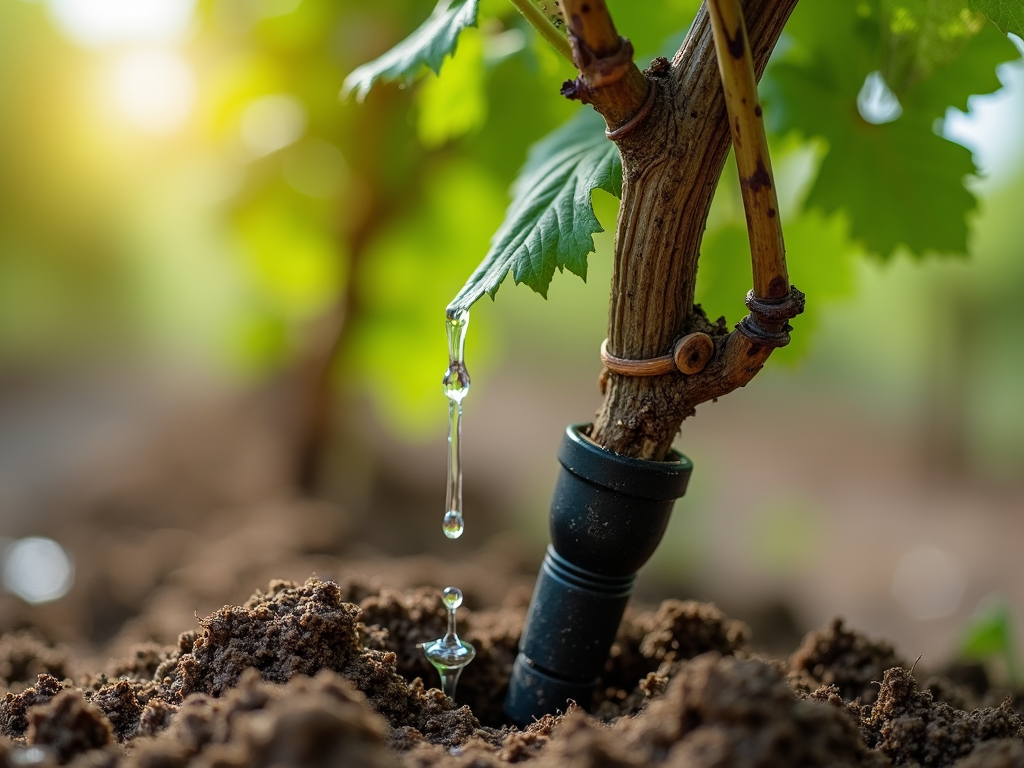
Rainwater Harvesting
They also catch rain. Roofs and other surfaces funnel water into tanks. Later, it waters vines or cleans equipment. It’s free and smart.
- Cuts water bills.
- Stops runoff that can hurt the land.
- Gives extra water when it’s dry.
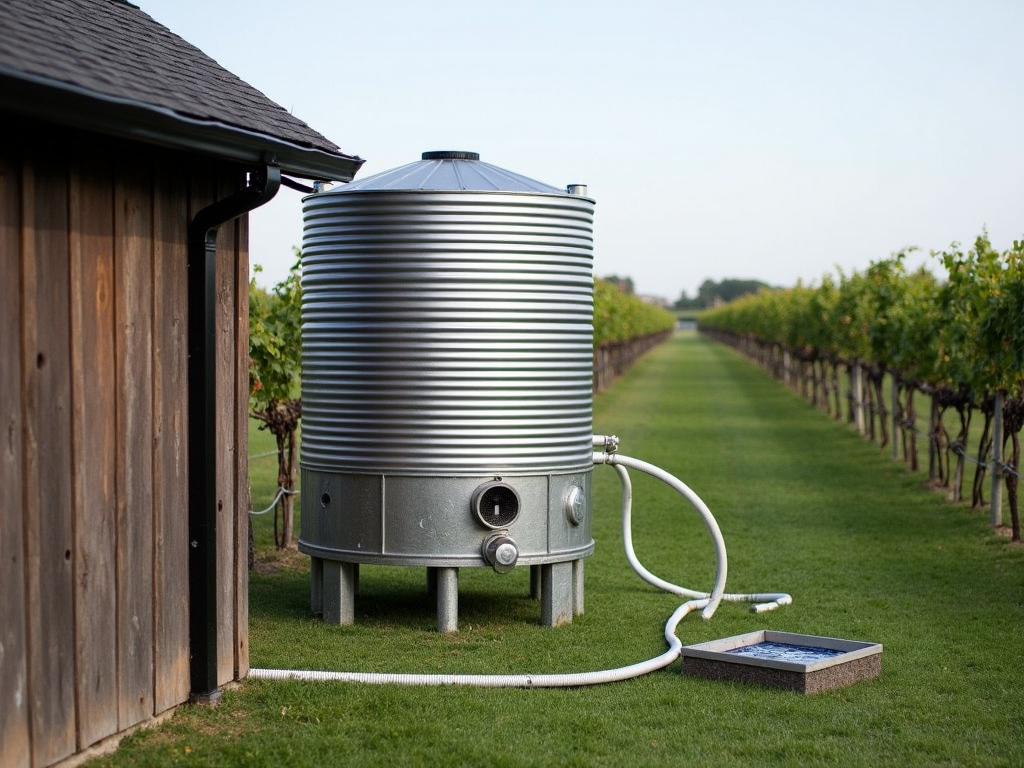
Wastewater Recycling
Winemaking makes dirty water, but they don’t toss it. They clean it and use it again—for irrigation or other jobs. It’s a win for water savings.
- Reuses water instead of wasting it.
- Adds nutrients back to the soil.
- Meets tough environmental rules.
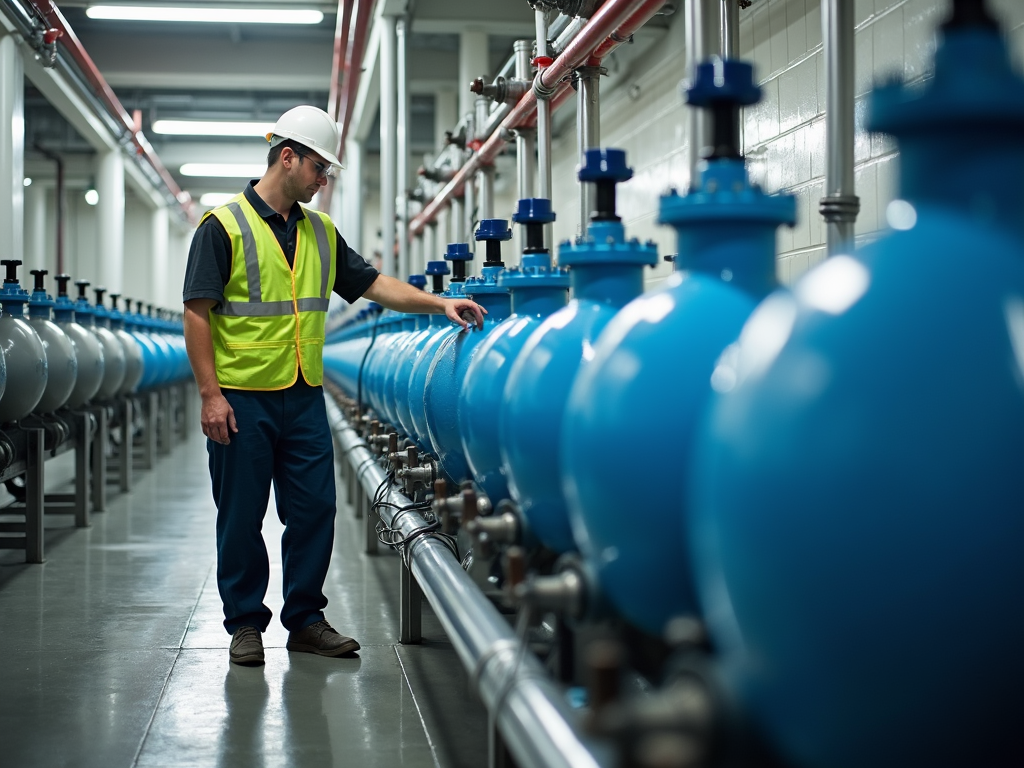
Extra Clever Ideas
They don’t stop there. Sensors in the soil tell them when to water. Cover crops—plants between vine rows—hold moisture in the ground. These little tweaks add up.
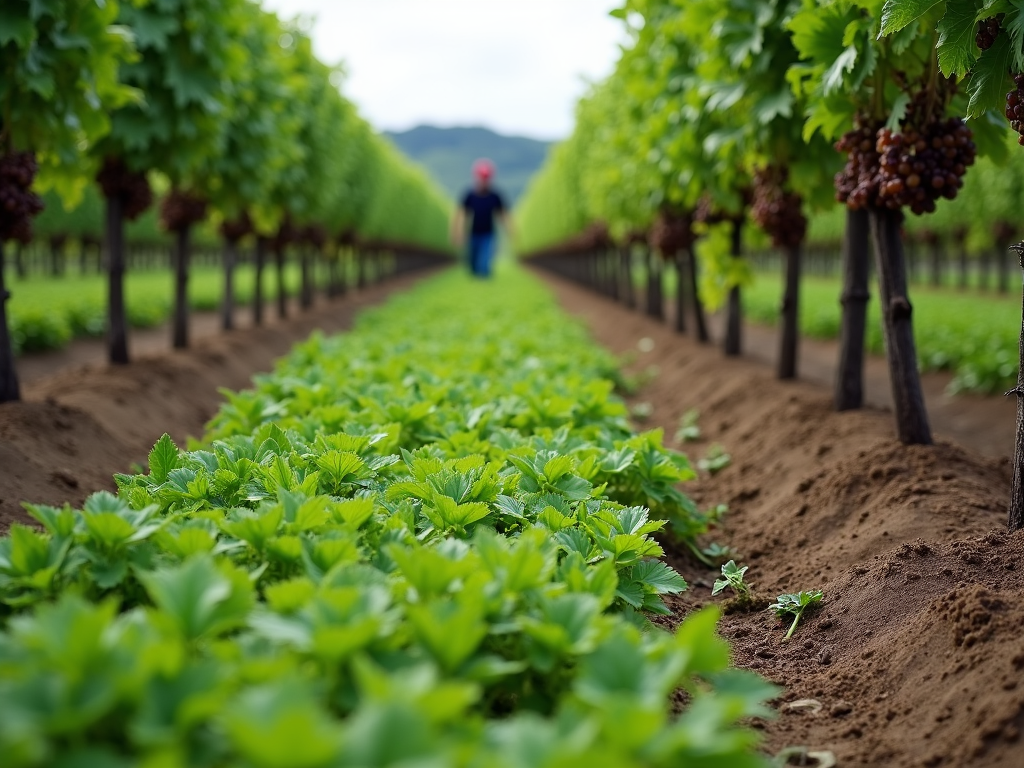
The Impact of Eco-Friendly Vineyards
What’s the payoff? The Impact of Eco-Friendly Vineyards is huge.
Helping the Planet
Less water use protects rivers and lakes. It also cuts energy since pumping and treating water takes power. Plus, green vineyards invite birds, bees, and bugs—good for nature.
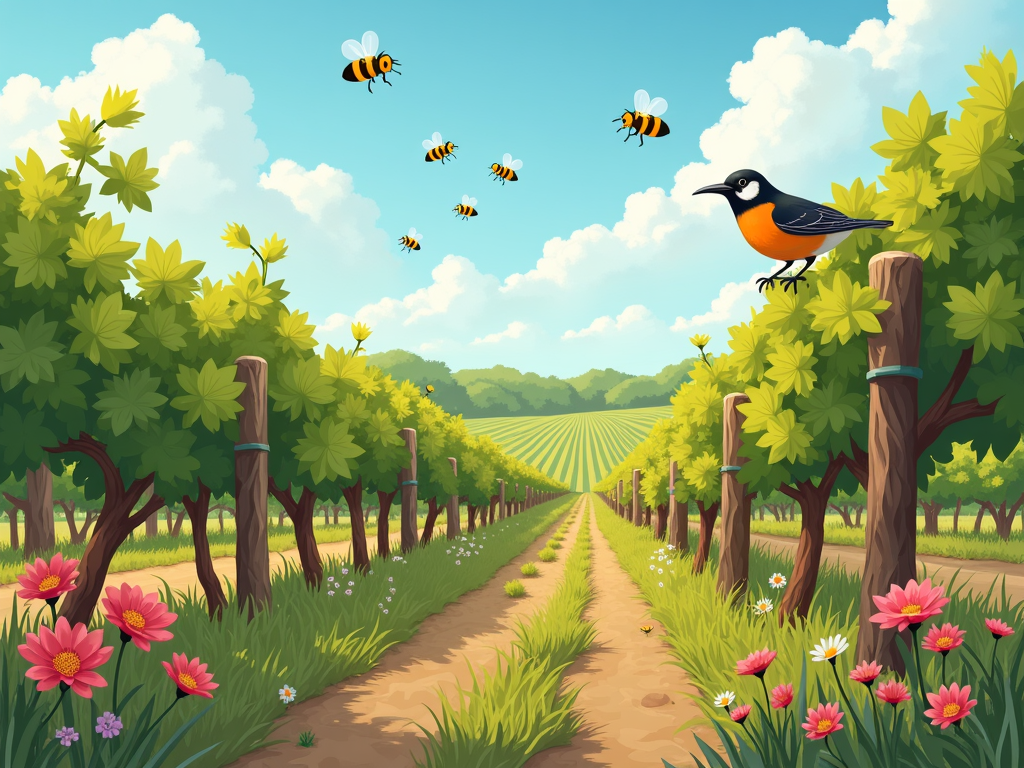
Better Wine
Sustainability isn’t just good for the earth—it makes tastier wine. Controlled watering with drip systems pumps up grape flavor. Healthy soil from cover crops grows stronger vines.

Boosting Communities
Saving water helps neighbors, too. More stays available for farms and homes. Plus, people love buying green wine, which means more jobs and money locally.
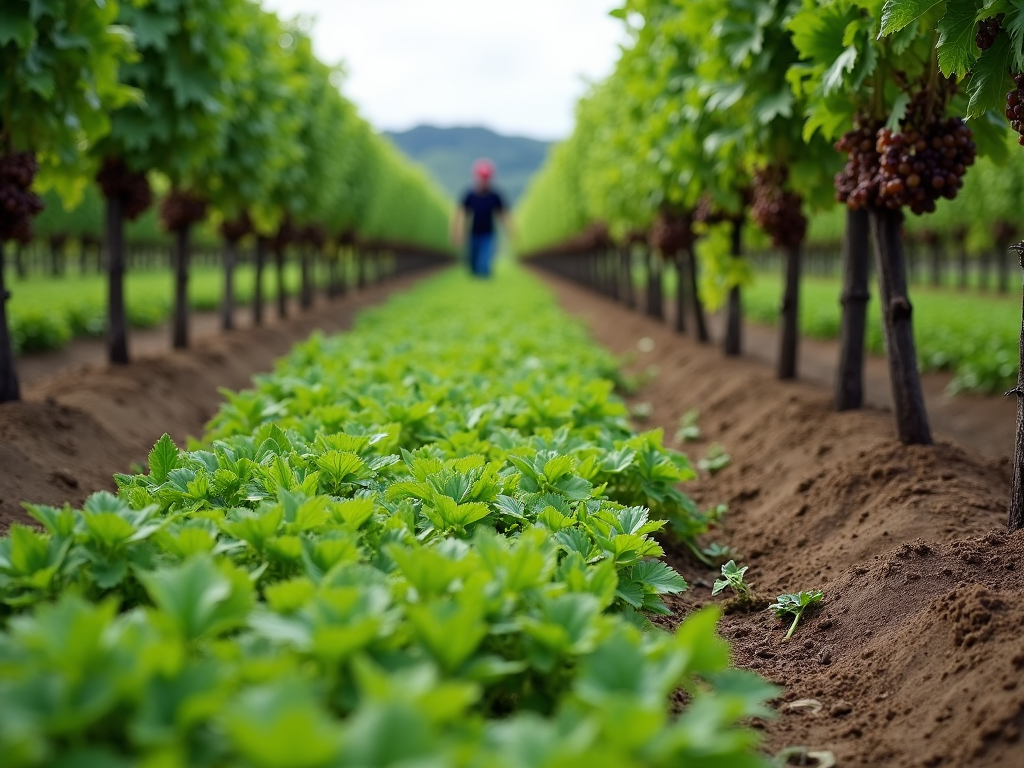
My Take: Seeing It Up Close
I visited Jackson Family Wines last spring, and their passion blew me away. The team wasn’t just checking boxes—they lived it. One worker told me how they raced to set up rain tanks before a storm. When it hit, they cheered as the tanks filled. That water went straight to the vines a week later. It’s real stuff like that—sustainable practices at Jackson Family Wines—that sticks with you.
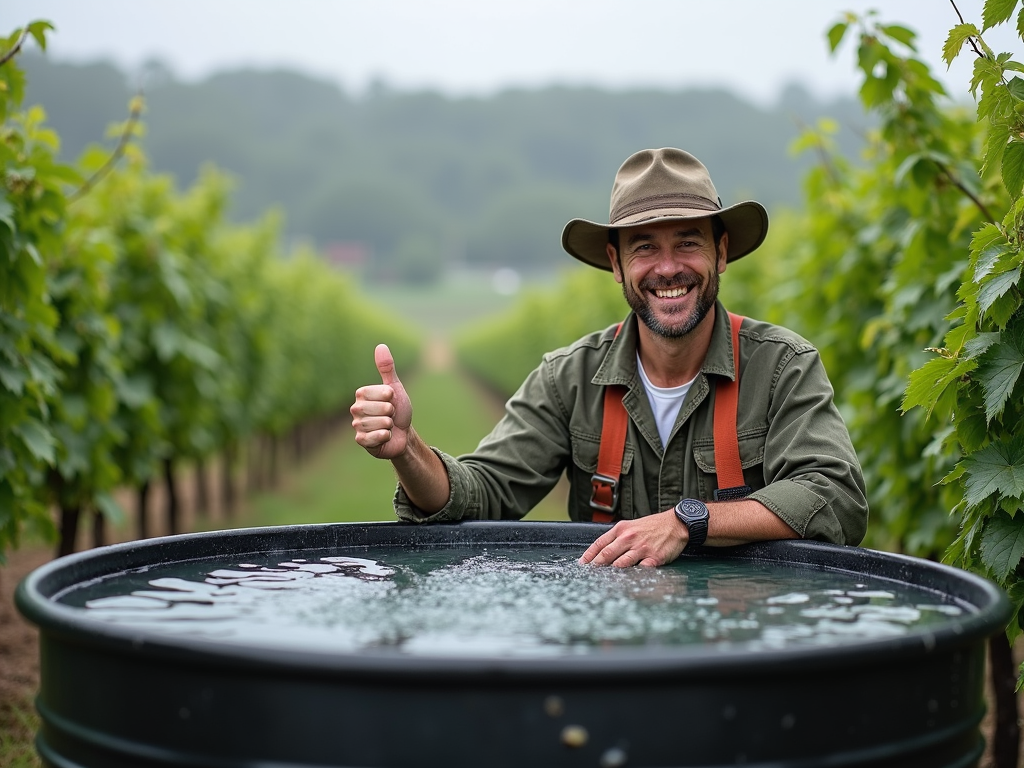
Wrapping Up
Jackson Family Wines proves you can make amazing wine and still care for the planet. With tricks like drip irrigation, rainwater harvesting, and recycling, they’re rewriting the rules. Choosing their wines means supporting a better future—one glass at a time.